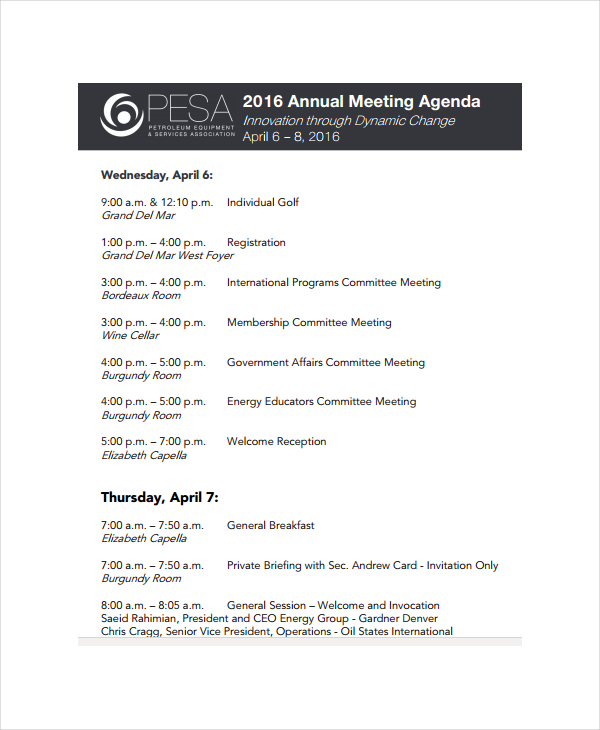Your Escape To The Country: Property Considerations And Costs

Table of Contents
Location, Location, Location: Finding the Perfect Country Property
Choosing the right location for your country property is paramount. It's not just about finding a pretty house; it's about finding a place that fits your lifestyle, commutes, and future aspirations. Consider these key factors:
Proximity to Amenities
- Distance to essentials: Analyze the distance to shops, schools, hospitals, and public transport. A seemingly idyllic rural retreat can become frustrating if daily necessities require significant journeys.
- Resale value impact: Proximity to amenities significantly impacts the resale value of your country property. Properties closer to towns and villages typically command higher prices.
- The rural seclusion trade-off: Weigh the desirability of complete rural seclusion against the convenience of easy access to services. This balance is crucial to long-term happiness.
Commute Considerations
- Travel time: Realistically assess your daily commute to work or major transportation hubs. Factor in traffic congestion, particularly during peak hours. A longer commute might necessitate a change in your work arrangements or lifestyle.
- Transportation options: Explore your transportation options. Reliable public transport might be limited in rural areas, making car ownership almost essential. Consider the cost of car maintenance and fuel.
- Traffic and journey times: Rural roads can be narrow and winding, leading to longer journey times than you might anticipate. Check journey times at different times of the day and year.
Lifestyle and Surroundings
- Community character: Research the local community and its character. Are there active community groups? What kind of social life does the area offer?
- Natural environment: Evaluate the natural environment. Consider stunning views, proximity to nature reserves, walking trails, and the overall aesthetic appeal of the surroundings.
- Recreational opportunities: Think about the activities available nearby. Are there hiking trails, fishing spots, cycling routes, or other recreational opportunities that align with your interests? Consider access to local pubs, restaurants and other social facilities.
Understanding the Costs of Country Property
The cost of buying a country property extends far beyond the initial purchase price. Be prepared for a range of additional expenses.
Purchase Price
- Regional variations: Average prices for country properties vary significantly depending on the region. Research average property prices in your area of interest using online property portals.
- Influencing factors: Several factors influence the price, including property size, location, condition, and the size of the land.
- Market data: Utilize online resources and local estate agents to obtain up-to-date market data and price comparisons for similar country properties.
Additional Costs
- Transaction costs: Expect to pay stamp duty (property tax), legal fees (for conveyancing), survey fees, and other transaction costs. These can add a substantial amount to the overall cost.
- Renovation and maintenance: Older country properties often require significant renovation or maintenance. Factor in potential costs for repairs, upgrades, and improvements.
- Rural utilities: Rural utilities like water, heating, and internet can be more expensive than in urban areas. Consider these ongoing costs carefully.
Ongoing Maintenance & Running Costs
- Regular maintenance: Country properties often require more maintenance than urban properties. Expect costs related to roof repairs, garden upkeep, and general maintenance.
- Heating and utilities: Heating and utility bills can be higher in rural areas due to poorer insulation and reliance on less efficient heating systems.
- Unexpected repairs: Older properties are prone to unexpected repairs due to age and exposure to the elements. Budget for unforeseen expenses.
Essential Due Diligence for Country Properties
Thorough due diligence is crucial when buying a country property. This helps to avoid costly surprises and ensures a smooth transaction.
Property Surveys
- Building surveys: A thorough building survey is essential, particularly for older properties. This will identify any structural issues or potential problems.
- Specific issues: Be aware of issues specific to older country properties, such as dampness, asbestos, and outdated plumbing or electrical systems.
- Specialist surveys: For listed buildings or properties with unique features, consider specialist surveys to assess any specific concerns.
Legal and Financial Advice
- Independent legal representation: Engage a solicitor experienced in property transactions to guide you through the legal aspects of the purchase.
- Mortgage finance: Secure appropriate mortgage finance from a lender experienced in rural property lending. Interest rates and lending criteria may differ from urban properties.
- Professional advice: Work with reputable solicitors and financial advisors who understand the nuances of country property purchases.
Planning Permission and Restrictions
- Planning regulations: Rural areas often have stricter planning regulations than urban areas. Research planning permission requirements before making an offer.
- Development restrictions: There might be restrictions on development or alterations to the property. Check for any existing planning permissions or covenants.
- Local council: Consult with your local council’s planning department to understand any restrictions or limitations related to your chosen property.
Conclusion
Buying a country property is a significant undertaking, but with careful planning and thorough research, your dream of escaping to the countryside can become a reality. Remember to meticulously consider the location, thoroughly understand all associated costs (from initial purchase to ongoing maintenance), and conduct diligent due diligence before making an offer. By following these steps, you’ll be well-equipped to navigate the process and secure your perfect country property. Start your search for your ideal country property today!

Featured Posts
-
 Improving Drug Efficacy Through Orbital Crystal Research
May 24, 2025
Improving Drug Efficacy Through Orbital Crystal Research
May 24, 2025 -
 Solve The Nyt Mini Crossword April 8 2025 Clues And Answers
May 24, 2025
Solve The Nyt Mini Crossword April 8 2025 Clues And Answers
May 24, 2025 -
 Dylan Dreyer And Today Show Co Stars A Mishap And Its Aftermath
May 24, 2025
Dylan Dreyer And Today Show Co Stars A Mishap And Its Aftermath
May 24, 2025 -
 Bangladesh And Europe A Partnership For Economic Growth
May 24, 2025
Bangladesh And Europe A Partnership For Economic Growth
May 24, 2025 -
 2025 Philips Annual General Meeting Shareholder Agenda Released
May 24, 2025
2025 Philips Annual General Meeting Shareholder Agenda Released
May 24, 2025
